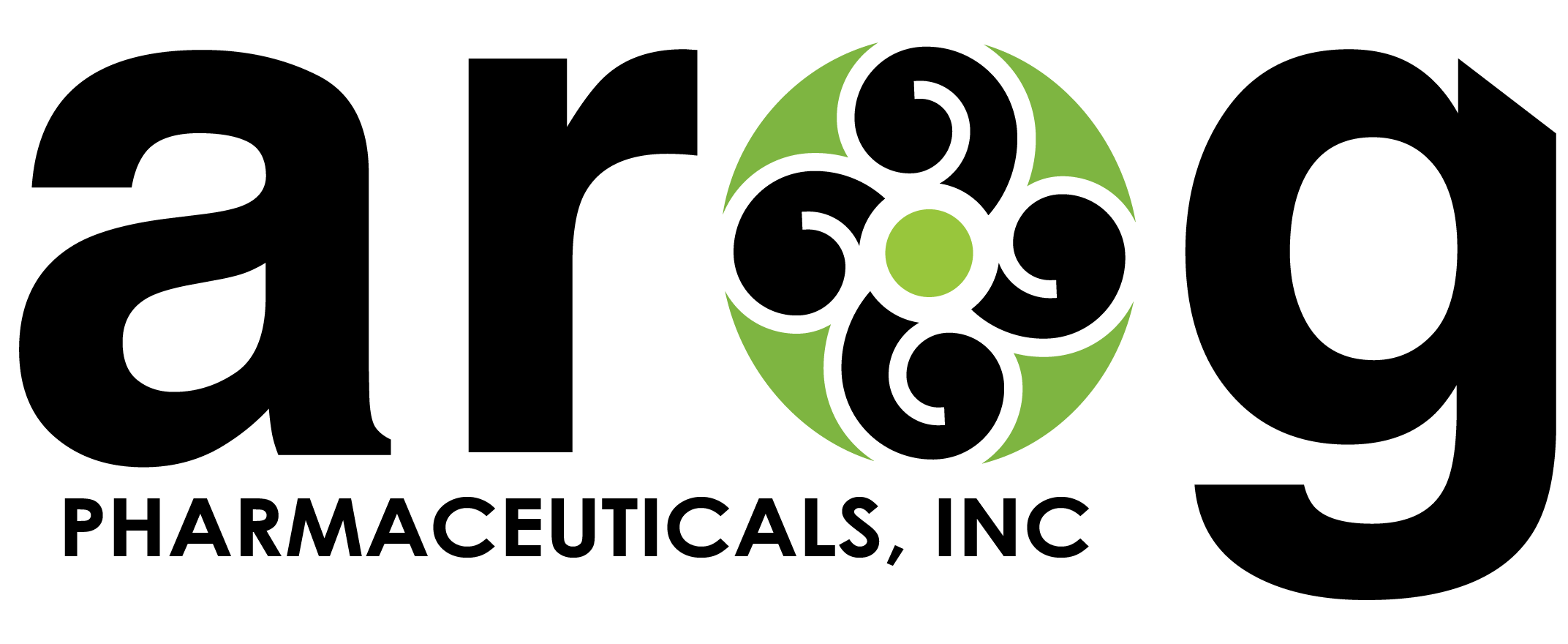What is AML?
Acute myeloid leukemia (AML) is a highly proliferative form of cancer where the bone marrow makes abnormal myeloblasts (a type of white blood cell). AML is the most common form of leukemia in adults, and will progress quickly if left untreated.
FLT3 Summary
One of the most common mutations in AML is in the gene FLT3 (Fms-like tyrosine kinase 3), occurring in approximately 37% of all AML patients. Multiple FLT3 mutations have been identified and are a poor prognostic marker in AML. Roughly one-third of AML patients harbor an internal tandem duplication (ITD) in FLT3 (Fms-like tyrosine kinase 3), a receptor tyrosine kinase. Mutations of FLT3 at amino acid D835, a point mutation in the tyrosine kinase domain (TKD), have also been observed in AML patients. Traditional chemotherapy is often less effective in treating cancer cells harboring FLT3 mutations. Both ITD and TKD mutations lead to constitutive activation of the tyrosine kinase function, making FLT3 an attractive drug target in AML patients. Adding a FLT3 inhibitor to standard chemotherapy has been shown to produce longer lasting benefits compared to chemotherapy alone.
Both ITD and TKD mutations render FLT3 resistant to currently approved inhibitors. Moreover, novel activating FLT3 mutations are being identified in patients with AML. As the clinical development of FLT3 inhibitors proceeds into advanced phase trials, FLT3 mutations will represent a new obstacle in the care of FLT3-mutated AML patients.
ARO-021: A Study for Combined Chemotherapy and Crenolanib in Newly Diagnosed AML
- This is a Phase III clinical trial of crenolanib in combination with induction chemotherapy in patients with newly diagnosed acute myeloid leukemia (AML) with mutations in the FLT3 gene.
- The study is open at multiple centers in the United States.
- This study aims to find out how safe and effective this treatment is, compared with Rydapt®, in this type of cancer.
For more information about the study, please contact a study site by visiting https://clinicaltrials.gov/ct2/show/NCT03258931
ARO-013: A Study for Combined Chemotherapy and Crenolanib in Relapsed/Refractory AML
- This is a Phase III clinical trial of crenolanib in combination with salvage chemotherapy in patients with relapsed/refractory acute myeloid leukemia (AML) with mutations in the FLT3 gene.
- The study is open at multiple centers in the United States and Europe and will be open in multiple centers in China.
- This study aims to find out how safe and effective this treatment is, compared with placebo, in this type of cancer.
For more information about the study, please contact a study site by visiting https://clinicaltrials.gov/ct2/show/NCT03250338
Arog in the News

- Arog Pharmaceuticals Receives FDA Orphan Drug Designation for Crenolanib for the Treatment of Gastric Cancer, Including Cancer of the Gastroesophageal Junction (October 2019)
- Arog Pharmaceuticals Receives FDA Fast Track Designation for Crenolanib in Relapsed or Refractory FLT3-Positive AML (December 2017)
- Arog Pharmaceuticals Presents Crenolanib Clinical Data at the 2017 American Society of Clinical Oncology Annual Meeting
- Arog Pharmaceuticals Presents Crenolanib Clinical Data at 57th American Society of Hematology Annual Meeting
- Arog Pharmaceuticals Receives Orphan Drug Designation in the European Union for Crenolanib for the Treatment of Acute Myeloid Leukemia and Soft Tissue Sarcoma (October 2016)
- AROG Pharmaceuticals to Present Clinical Data on Crenolanib at the 2016 American Society of Hematology Annual Meeting
- Arog Pharmaceuticals Receives FDA Fast Track Designation for Crenolanib for Advanced Gastrointestinal Stromal Tumors with a D842V Mutation in the PDGFRA Gene
- Arog Pharmaceuticals Presents Crenolanib Clinical Data at the 2016 American Society of Clinical Oncology Annual Meeting
Recent Conference Presentations

- Goldberg, A., et al., Younger Patients with Newly Diagnosed FLT3-Mutant AML Treated with Crenolanib Plus Chemotherapy Achieve Adequate Free Crenolanib Levels and Durable Remissions. Abstract 1326, ASH 2019
- Wang, E. et al., Tolerability and Efficacy of Crenolanib and Cytarabine/Anthracycline Chemotherapy in Older Patients (Aged 61 to 75) with Newly Diagnosed FLT3-Mutated Acute Myeloid Leukemia (AML). Abstract 3829, ASH 2019
- Stone et al., Crenolanib versus midostaurin combined with induction and consolidation chemotherapy in newly diagnosed FLT3 mutated AML. TPS7068, ASCO 2019
- Goldberg AD, Collins RH, Stone RM, et al. Addition of Crenolanib to Induction Chemotherapy Overcomes the Poor Prognostic Impact of Co-Occurring Driver Mutations in Patients with Newly Diagnosed FLT3-Mutated AML. ASH-1436 (2018).
- Dalle IA, Kantarjian H, Ohanian M, et al. Phase I-II Study of Crenolanib Combined with Standard Salvage Chemotherapy and Crenolanib Combined with 5-Azacitidine in Acute Myeloid Leukemia Patients with FLT3 Activating Mutations. ASH-2715 (2018).
- Walter R, Collins R, Stone R, et al. Addition Of Crenolanib To Standard Induction And Consolidation Therapies Improved Long-Term Outcomes In Newly Diagnosed Flt3-Mutant Aml Patients ≤ 60 Years Old. EHA-1908 (2018).
- Oran B, Ciurea S, Marin D, et al. Intra-Patient Dose-Escalation Study Of Crenolanib Maintenance Therapy In Patients With Flt3 Mutant Aml Who Had Undergone Allogeneic Hematopoietic Stem Cell Transplant (Allo-Hsct). EHA-3798 (2018).
- Tarlock K, Hylkema T, Pollard J, et al. Functional Assessment of Novel Diagnostic FLT3 Mutations and Inhibition by Kinase Inhibitors. Haematologica; 2017; 2017. p. 40-1.
- Wang E, Stone R, Collins R, Agrawal T, Urity V, Tallman M. Variant FLT3 Mutations Can be Eradicated by Cytarabine/Anthracycline/Crenolanib Induction in Adult Patients with Newly Diagnosed FLT3 (ITD/TKD) Mutant AML. Haematologica; 2017; 2017. p. 212.
- Stone RM, Collins R, Tallman MS, et al. Effect of Cytarabine/Anthracycline/Crenolanib Induction on Minimal Residual Disease (MRD) in Newly Diagnosed FLT3 Mutant AML. J Clin Oncol 2017; 35(15_suppl): 7016.
- Cortes JE, Kantarjian HM, Kadia TM, et al. Crenolanib Besylate, a Type I Pan-FLT3 Inhibitor, to Demonstrate Clinical Activity in Multiply Relapsed FLT3-ITD and D835 AML. J Clin Oncol 2016; 34 (suppl; abstr 7008).
- Wang, E.S., et al., Crenolanib, a Type I FLT3 TKI, Can be Safely Combined with Cytarabine and Anthracycline Induction Chemotherapy and Results in High Response Rates in Patients with Newly Diagnosed FLT3 Mutant Acute Myeloid Leukemia (AML). Blood, 2016. 128(22): p. 1071-1071.
- Ohanian, M., et al., Efficacy of a Type I FLT3 Inhibitor, Crenolanib, with Idarubicin and High-Dose Ara-C in Multiply Relapsed/Refractory FLT3+ AML. Blood, 2016. 128(22): p. 2744-2744.
- Iyer, S.P., et al., Safety Study of Salvage Chemotherapy High-Dose Ara-C/Mitoxantrone (HAM) and Type I FLT3-TKI Crenolanib in First Relapsed/Primary Refractory AML. Blood, 2016. 128(22): p. 3983-3983.
- Inaba, H., et al., Pilot Study of Combined Type I FLT3 Tyrosine Kinase Inhibitor, Crenolanib with Sorafenib in Pediatric Patients with Relapsed/Refractory FLT3+Ve AML. Blood, 2016. 128(22): p. 3937-3937.
- Zhang, H., et al., Exome Sequencing Informs Mechanisms of Clinical Resistance to the FLT3-D835 Inhibitor Crenolanib. Blood, 2015. 126(23): p. 2468-2468.
- Panetta, J.C., et al., Population Pharmacokinetics of Crenolanib, a Type I FLT3 Inhibitor, in Patients with Relapsed/Refractory AML. Blood, 2015. 126(23): p. 3695-3695.
- Collins, R., et al., Full Doses of Crenolanib, a Type I FLT3 Inhibitor, Can be Safely Administered in AML Patients Post Allogeneic Stem Cell Transplant. Blood, 2015. 126(23): p. 4359-4359.
- Collins R, Kantarjian HM, Levis MJ, et al. Clinical Activity Of Crenolanib In Patients With D835 Mutant FLT3-Positive Relapsed/Refractory Acute Myeloid Leukemia (AML). J Clin Oncol 2014; 32:5s (suppl; abstr 7027).
Recent Peer-reviewed Publications
- Zhang H, Savage S, Schultz AR, et al. Clinical resistance to crenolanib in acute myeloid leukemia due to diverse molecular mechanisms. Nature Communications 2019; 10(1): 244.
- Tyner JW, Tognon CE, Bottomly D, et al. Functional genomic landscape of acute myeloid leukaemia. Nature 2018; 562(7728): 526-31.
- Smith CC, Lin K, Stecula A, Sali A, Shah NP. FLT3 D835 Mutations Confer Differential Resistance to Type II FLT3 Inhibitors. Leukemia 2015; 29(12): 2390-2.
- Galanis A, Ma H, Rajkhowa T, et al. Crenolanib is a Potent Inhibitor of FLT3 with Activity Against Resistance-Conferring Point Mutants. Blood 2014; 123(1): 94-100.
- Zhang W, Gao C, Konopleva M, et al. Reversal of Acquired Drug Resistance in FLT3-Mutated Acute Myeloid Leukemia Cells via Distinct Drug Combination Strategies. Clin Cancer Res 2014; 20(9): 2363-74.
- Smith CC, Lasater EA, Lin KC, et al. Crenolanib is a Selective Type I Pan-FLT3 Inhibitor. Proc Natl Acad Sci U S A 2014; 111(14): 5319-24.
- Fathi AT. Emergence of Crenolanib for FLT3-Mutant AML. Blood 2013; 122(22): 3547-8.
- Zimmerman EI, Turner DC, Buaboonnam J, et al. Crenolanib is Active Against Models of Drug-Resistant FLT3-ITD-Positive Acute Myeloid Leukemia. Blood 2013; 122(22): 3607-15.

